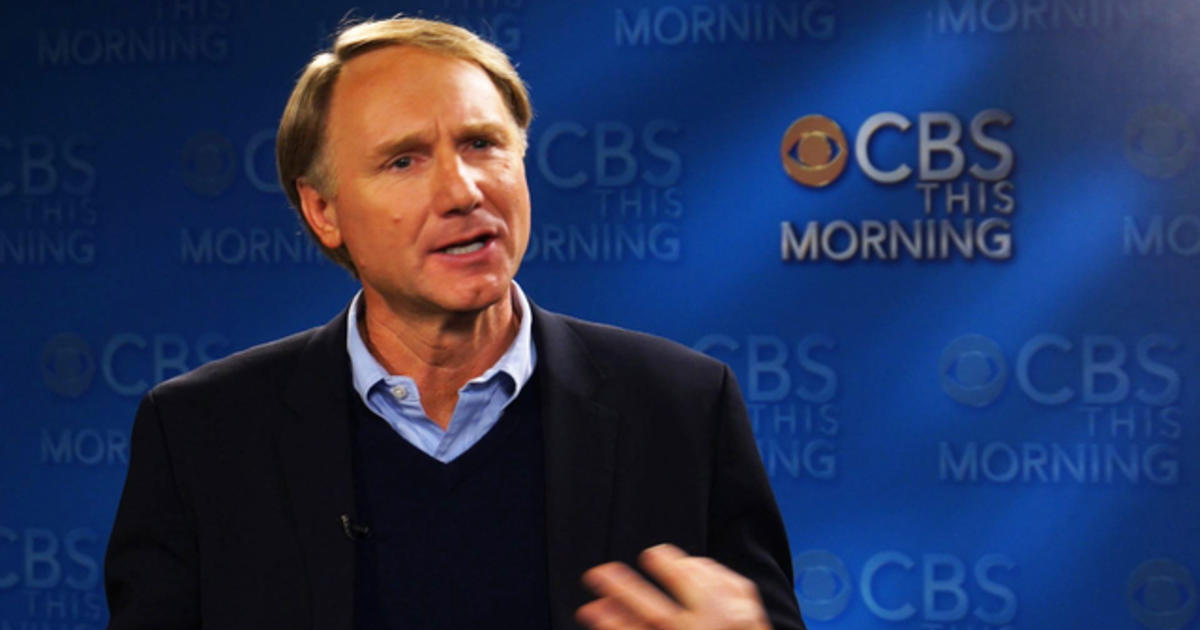
These claims in the book and by the author, combined with the presentation of religious ideas that some Christians regard as offensive, led to a great deal of controversy and debate, which found its way into political discourse in the media. Obviously, there are-Robert Langdon is fictional, but all of the art, architecture, secret rituals, secret societies, all of that is historical fact. Matt Lauer: How much of this is based on reality in terms of things that actually occurred?ĭan Brown: Absolutely all of it. All of that is … all that is fiction, of course, is that there's a Harvard symbologist named Robert Langdon, and all of his action is fictionalized. All of the architecture, the art, the secret rituals, the history, all of that is true, the Gnostic gospels. Martin Savidge: When we talk about da Vinci and your book, how much is true and how much is fabricated in your storyline?ĭan Brown: 99 percent of it is true. In the early publicity for the novel, Dan Brown made repeated assertions that, while the novel is a work of fiction, the historical information in it is all accurate and well-researched. The TFP acronym in the banner stands for the American Society for the Defense of Tradition, Family and Property.īrown prefaces his novel with a page titled "Fact" asserting that certain elements in the novel are true in reality, and a page at his website repeats these ideas and others. Fact or fiction A woman protesting against The Da Vinci Code film outside a movie theater in Culver City, California. A similar suit was filed in 2007 by author Jack Dunn, who accused Brown of plagiarizing his 1997 novel The Vatican Boys. In 2006 a court ruled in Brown's favor, stating that while he did reference the book in parts of his novel, he did not substantially copy it. Ĭharges of copyright infringement were also leveled by the novelist Lewis Perdue and by the authors of the 1982 book The Holy Blood and the Holy Grail, which puts forward the hypothesis that the historical Jesus married Mary Magdalene, and that their children or their descendants emigrated to what is now southern France, and married into families that became the Merovingian dynasty, whose claim to the throne of France is championed today by the Priory of Sion. Additional criticisms were directed toward the book's inaccurate descriptions of European art, history, architecture, and geography. Many of the complaints centered on the book's speculations and misrepresentations of core aspects of Christianity and the history of the Catholic Church. The Da Vinci Code, a popular suspense novel by Dan Brown, generated criticism and controversy after its publication in 2003.

Controversy surrounding The Da Vinci Code


 0 kommentar(er)
0 kommentar(er)
